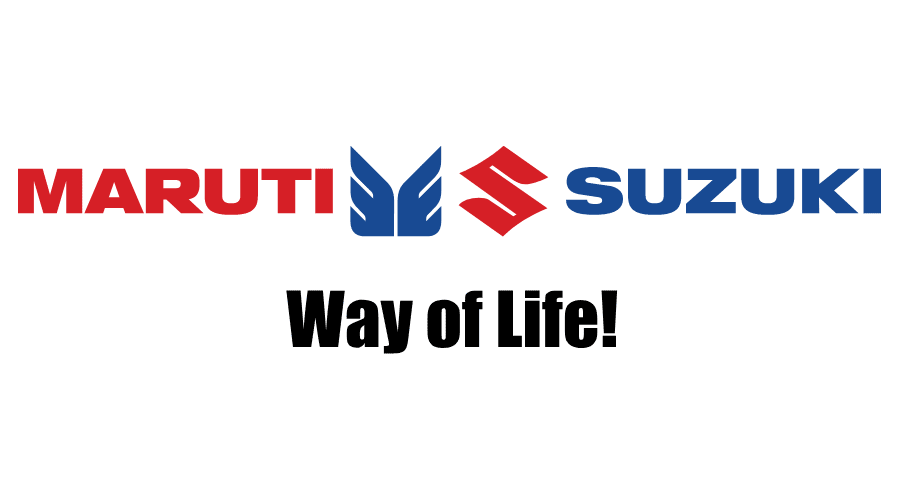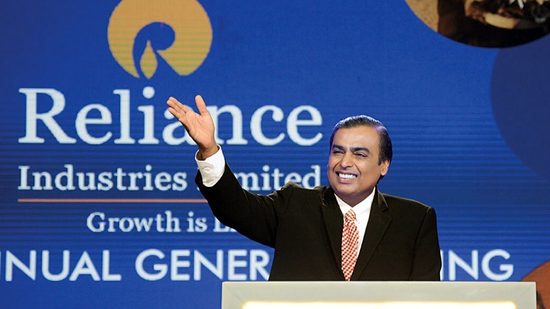
Maruti Suzuki India Limited, a subsidiary of Suzuki Motor Corporation, recently announced its decision to issue preference shares to its parent company. This financial maneuver, with a total worth exceeding Rs. 12,000 crore, has captured the attention of investors and industry experts alike. In this article, we delve into the details of this groundbreaking development and its implications for both Maruti Suzuki and the broader market.
Background
To comprehend the significance of this move, it is imperative to understand the context. Maruti Suzuki India Limited, often referred to as Maruti, is India’s largest car manufacturer. It is a household name, known for its extensive range of vehicles catering to diverse customer segments. As a subsidiary of Suzuki Motor Corporation, Maruti has shared a symbiotic relationship with its parent company since its inception.
Preference Shares: A Strategic Decision
What Are Preference Shares?
Preference shares, also known as preferred stock, are a unique class of shares that offer certain advantages to the shareholders. Unlike common equity shares, preference shares come with a fixed dividend rate, ensuring that the shareholders receive a predetermined dividend before common shareholders.
Reasons for Issuing Preference Shares
Maruti’s decision to issue preference shares to Suzuki Motor Corp is primarily driven by several strategic considerations:
- Capital Infusion: The infusion of over Rs. 12,000 crore will provide Maruti with substantial capital to fund. Its expansion plans, research and development, and technological advancements.
- Strengthening the Parent-Subsidiary Relationship: This move solidifies the relationship between Maruti and Suzuki Motor Corp. Enabling them to work collaboratively on future projects and innovations.
- Risk Mitigation: By issuing preference shares, Maruti reduces its financial risks, as these shares do not carry voting rights, preserving the decision-making power within the company.
Implications on the Market
The issuance of preference shares by Maruti to Suzuki Motor Corp holds several implications for the automotive market and the broader business landscape:
- Enhanced Competitiveness: With additional capital, Maruti can invest in state-of-the-art technology and infrastructure, making it more competitive in the Indian and global markets.
- Innovation and Research: The infusion of funds can be channeled into research and development, enabling the development of eco-friendly and technologically advanced vehicles.
- Global Collaborations: The strengthened partnership between Maruti and Suzuki. This may lead to more strategic collaborations, including electric vehicle development and global expansion.
Conclusion
Maruti Suzuki India Limited decision to issue preference shares to Suzuki Motor Corporation. Marks a pivotal moment in the company’s history. This strategic move promises to shape the future of the automotive industry. Solidify Maruti’s position as a leader in the Indian market. As the financial landscape continues to evolve, Maruti’s ability to adapt and innovate is exemplified by this bold and forward-looking decision.







